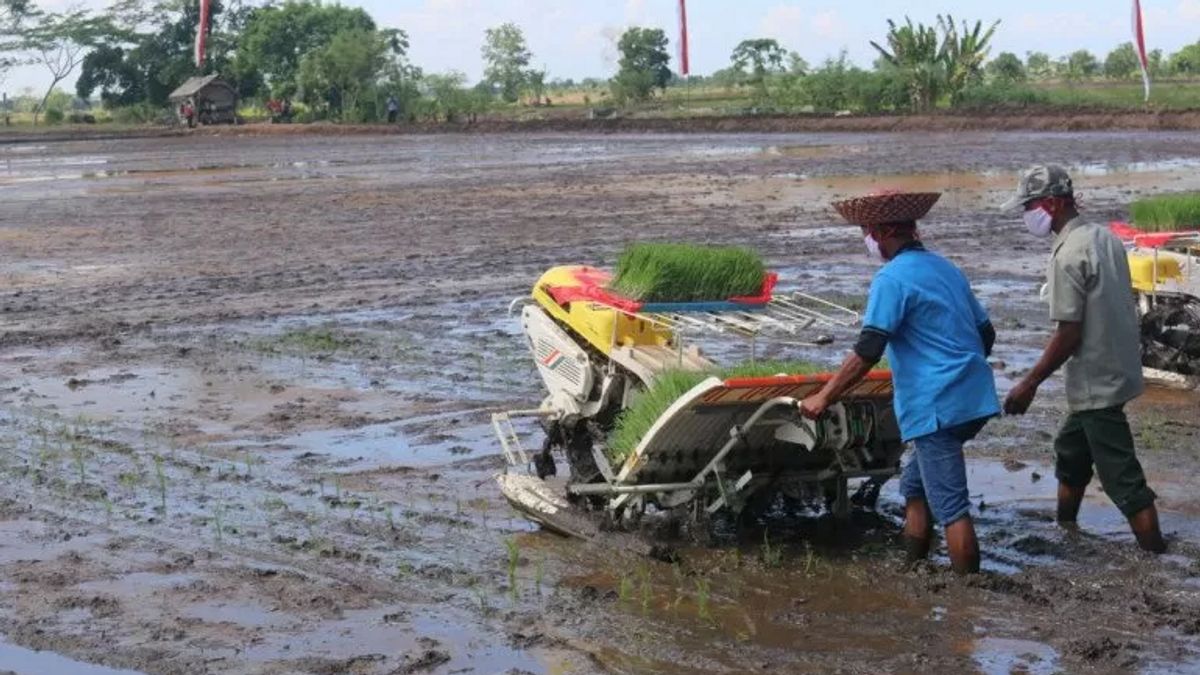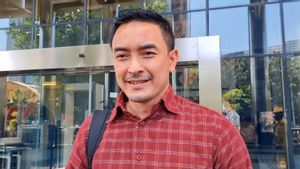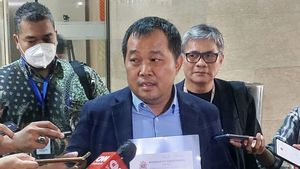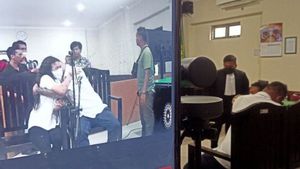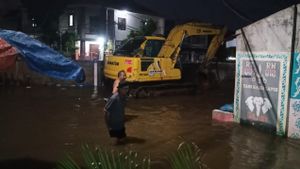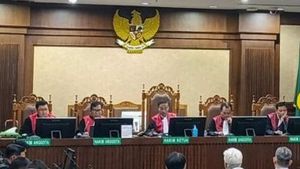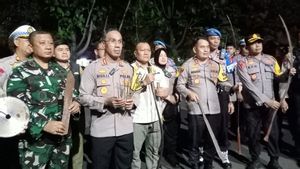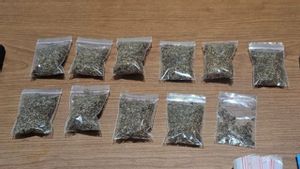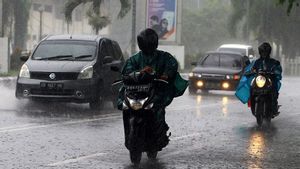JAKARTA - The Meteorology, Climatology and Geophysics Agency (BMKG) revealed that the agricultural sector is the most seriously affected by climate change.
Head of BMKG Dwikorita Karnawati said changes in rainfall patterns and rising air temperature caused agricultural production to decline significantly.
"The impact of such large climate change requires active efforts to anticipate it through mitigation and adaptation strategies. If not, then national food security will be threatened," he said at the opening of the Buah Jeruk Community Climate Lapang School (SLI) at the Bringin Village Hall, Bayan District, Purworejo Regency, Central Java (Central Java), quoted from his statement, Tuesday, July 1.
According to Dwikorita, farmers as the spearhead of agriculture must have knowledge in order to understand weather and climate phenomena and their changes.
"By knowing earlier, farmers can make plans starting from adjusting planting time, using superior varieties that are drought resistant, water management, and so on," he said.
Through SLI, Dwikorita said BMKG is trying to help farmers understand climate information. The reason is, agriculture is an activity carried out in the open so that it is closely related to weather and climate.
The hope is that farmers and agricultural instructors can take advantage of information and weather forecasts well and be able to adapt to the current weather and climate situation.
"This SLI is part of BMKG's commitment to advancing Indonesia's agriculture. We hope that after farmers are equipped with knowledge about weather and climate, in the future the volume of production and product quality will be better so that it will bring prosperity to farmers," he said.
SEE ALSO:
Dwikorita also conveyed that the phenomenon of El Nino and the Positive IOD that occurred made this year's dry season more dry and rainfall in the low to very low category.
If usually the rainfall ranges from 20 mm per day, then this dry season the figure becomes once a month or even no rain at all.
"This dry dry dry peak is predicted to occur in August to early September with conditions much drier than in 2020, 2021 and 2022," he explained.
The SLI activity was attended by dozens of orange farmers and agricultural instructors. Present were members of Commission V DPR RI, Sujadi, Member of the Central Java DPRD M Zaenudin, Deputy Regent of Purworejo Yuli Hastuti, Chairman of the Purworejo DPRD Dion Agasi Setyabudi, and Bayan Forkopimcam. Meanwhile, the Governor of Central Java Ganjar Pranowo was present virtually.
The English, Chinese, Japanese, Arabic, and French versions are automatically generated by the AI. So there may still be inaccuracies in translating, please always see Indonesian as our main language. (system supported by DigitalSiber.id)
